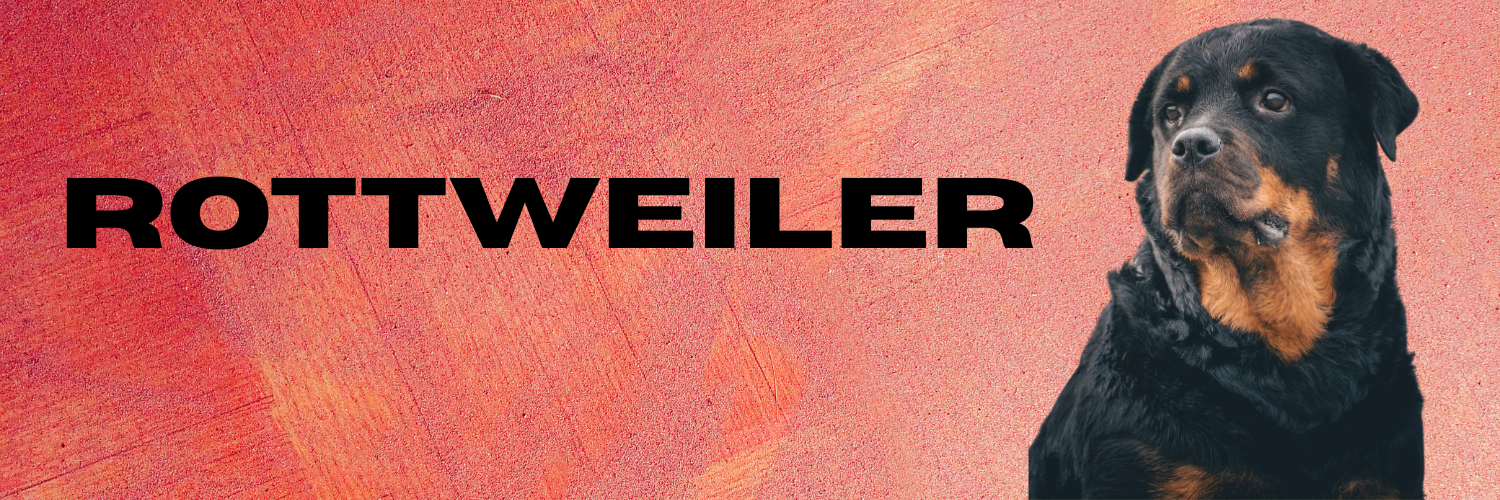
Rottweiler Dog: The Loyal Guardian with a Gentle Heart
The Rottweiler, often misunderstood due to its powerful build and protective instincts, is one of the most loyal and intelligent dog breeds in the world. Originally bred to drive cattle and pull carts, this noble guardian has evolved into a cherished family pet, protector, and working dog.
Origin and History
The Rottweiler’s history dates back to the Roman Empire. Roman legions used mastiff-like dogs to herd cattle and protect their camps. As the Romans marched across Europe, these dogs settled in what is now southern Germany. In the town of Rottweil, they became known as “Rottweiler Metzgerhund,” or “Butcher’s Dogs,” for their role in guarding livestock and pulling meat carts to market. Over the centuries, the breed developed into a strong, dependable, and intelligent working dog.
Appearance and Physical Traits
Rottweilers are large, muscular dogs with a commanding presence. They have a broad chest, strong limbs, and a short, dense coat that is usually black with clearly defined rust-colored markings. Males typically weigh between 95 to 135 pounds (43 to 61 kg), while females range from 80 to 100 pounds (36 to 45 kg). Their alert, expressive eyes and confident stance reflect their keen awareness and strong sense of purpose.
Temperament and Personality
Despite their tough exterior, Rottweilers are known for their loyalty, affection, and intelligence. When raised in a loving environment, they form deep bonds with their family members and are especially good with children. They are protective by nature and tend to be reserved with strangers, making them excellent guard dogs.
However, early socialization and proper training are crucial. Without consistent guidance, their natural protective instincts can lead to overly dominant behavior. A well-trained Rottweiler is calm, obedient, and eager to please.
Training and Socialization
Rottweilers thrive on structure and purpose. They respond well to positive reinforcement and enjoy learning new tasks. Obedience training should begin early and include social exposure to people, other dogs, and various environments. This helps curb any tendency toward aggression or shyness.
Due to their high intelligence, Rottweilers excel in dog sports, search and rescue, police work, and service dog roles. They enjoy mental challenges just as much as physical exercise.
Exercise and Care Needs
Rottweilers are active dogs that require regular exercise to stay healthy and happy. Daily walks, playtime, and mental stimulation are essential. Without enough activity, they can become bored and potentially destructive.
In terms of grooming, their short coat requires minimal maintenance — a weekly brushing is usually enough to keep it clean and shiny. However, like all dogs, they need regular nail trimming, ear cleaning, and dental care.
Health and Lifespan
Rottweilers are generally robust dogs, but like all breeds, they’re prone to certain health issues. Common concerns include:
Hip and elbow dysplasia
Heart problems (like aortic stenosis)
Osteosarcoma (bone cancer)
Obesity (especially if not exercised adequately)
A healthy Rottweiler can live between 8 to 10 years. Routine vet check-ups and a balanced diet go a long way in ensuring a long, healthy life.
